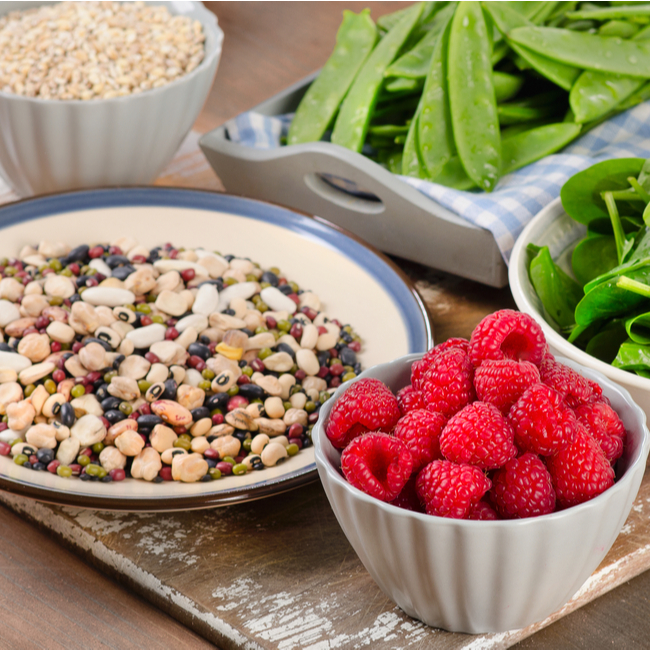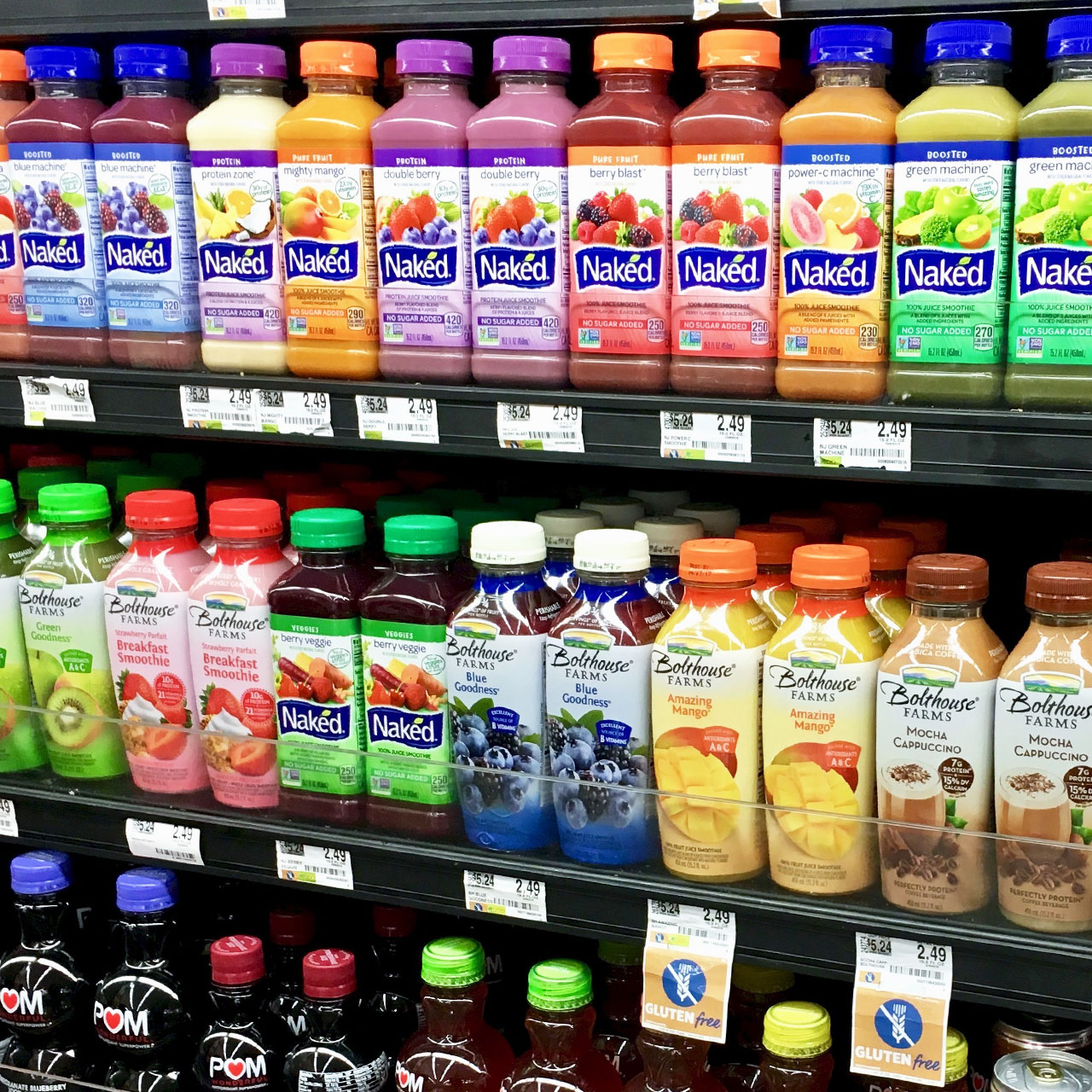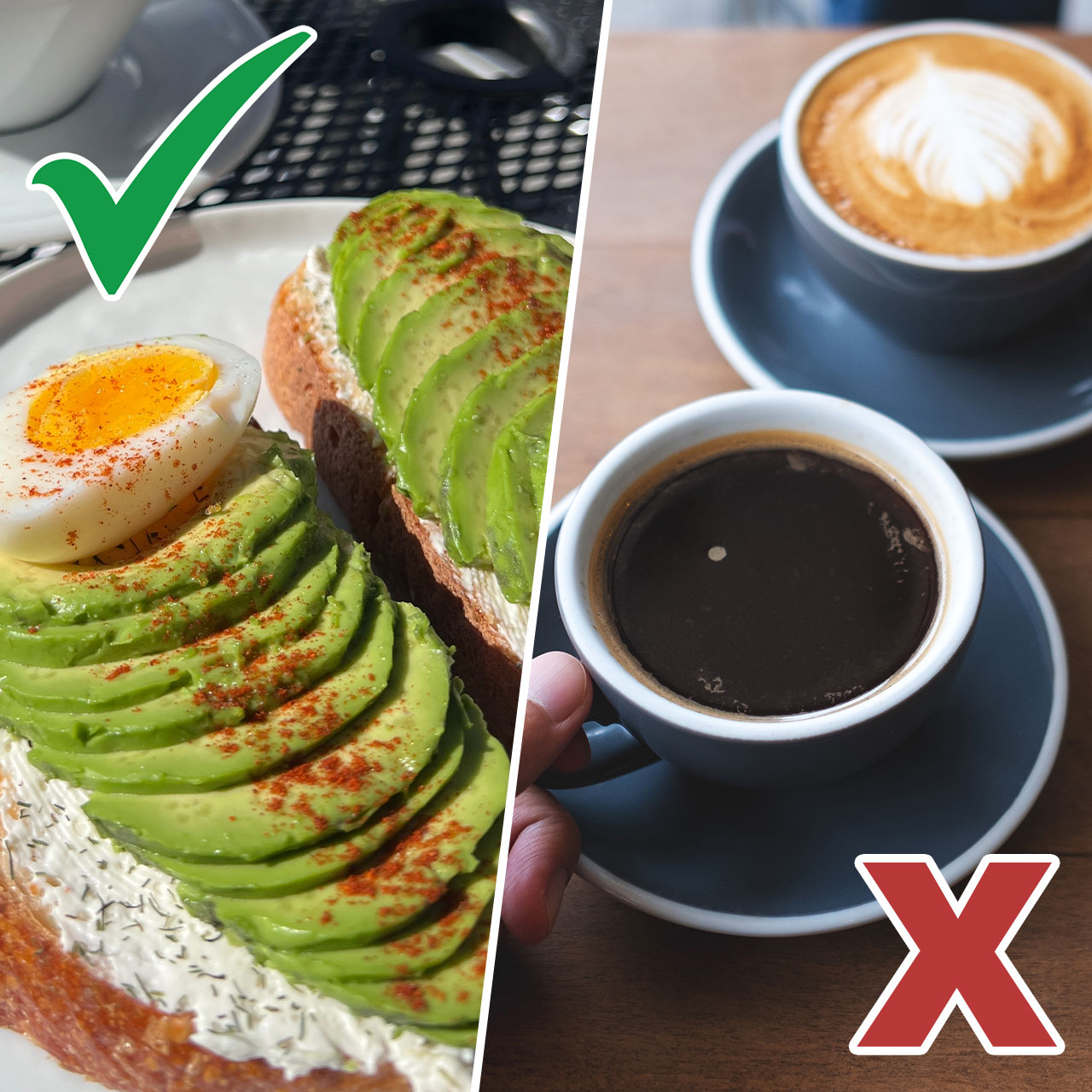If you’re looking to reset your gut health, health experts suggest switching over from processed foods to gut-healthy ones like fermented foods (kefir and tempeh) and high-fiber ones (whole grains and vegetables). These healthy foods have been scientifically proven to promote gut bacteria conditions, which equates to less bloating, better digestion and less discomfort. Here are their expert tips for what to do to have a ‘healthier gut.’


Eat Fermented Foods
A little background: the gut contains a unique set of microorganisms, mainly bacteria, referred to as the microbiome. These bacteria play roles in immunity, weight, hormones, mental health, and just about every area of health in some way. The bacteria in the microbiome consist of good and bad bacteria. When these are out of balance negative side effects ensue ranging from inflammation, poor digestion, and decreased immunity among many others.
"There are two ways to keep the good bacteria in balance through probiotic consumption. This looks like either probiotic supplements or fermented foods, and often both," registered dietitian Trista Best of Balance One tells us.
Fermented foods are things like yogurt, kefir, sauerkraut, pickles, apple cider vinegar, miso, and kimchi.
Why are they so good for digestive health? "The process of fermentation requires many of these good bacteria and they are retained in the food once the process has ended. When ingested the consumer takes in these bacteria and repopulates the gut," she explains.

Eat More Fiber
"One of the best things for a healthy guy is to increase your fiber intake," Craig Primack MD, FACP, FAAP, FOMA and Diplomate of the American Board of Obesity Medicine tells us.
There is no downside to making this change, because high fiber foods are nutritious and have other health benefits-especially when it comes to weight loss--as well.
"Luckily, most food that are high in fiber are also really healthy for you.," he explains. "Think whole grain breads, while fruit over fruit juice, lots of colorful vegetables, brown rice over white and last but not least consider a commercial fiber powder like Benefiber or Metamucil."
Additionally, fiber helps regulate blood sugar. "The more fiber we have in a meal the slower the sugar is absorbed preventing glucose spikes throughout the day." Lastly, fiber helps offset the carb content of foods, or an equation called "net carbs."
"Carbohydrates as fiber, show up on a food label but do not count for carbs," he explains. "They are subtracted from the amount of carbs on a standard food label. The result is net carbs and less net carbs up to a point are good for health."


























